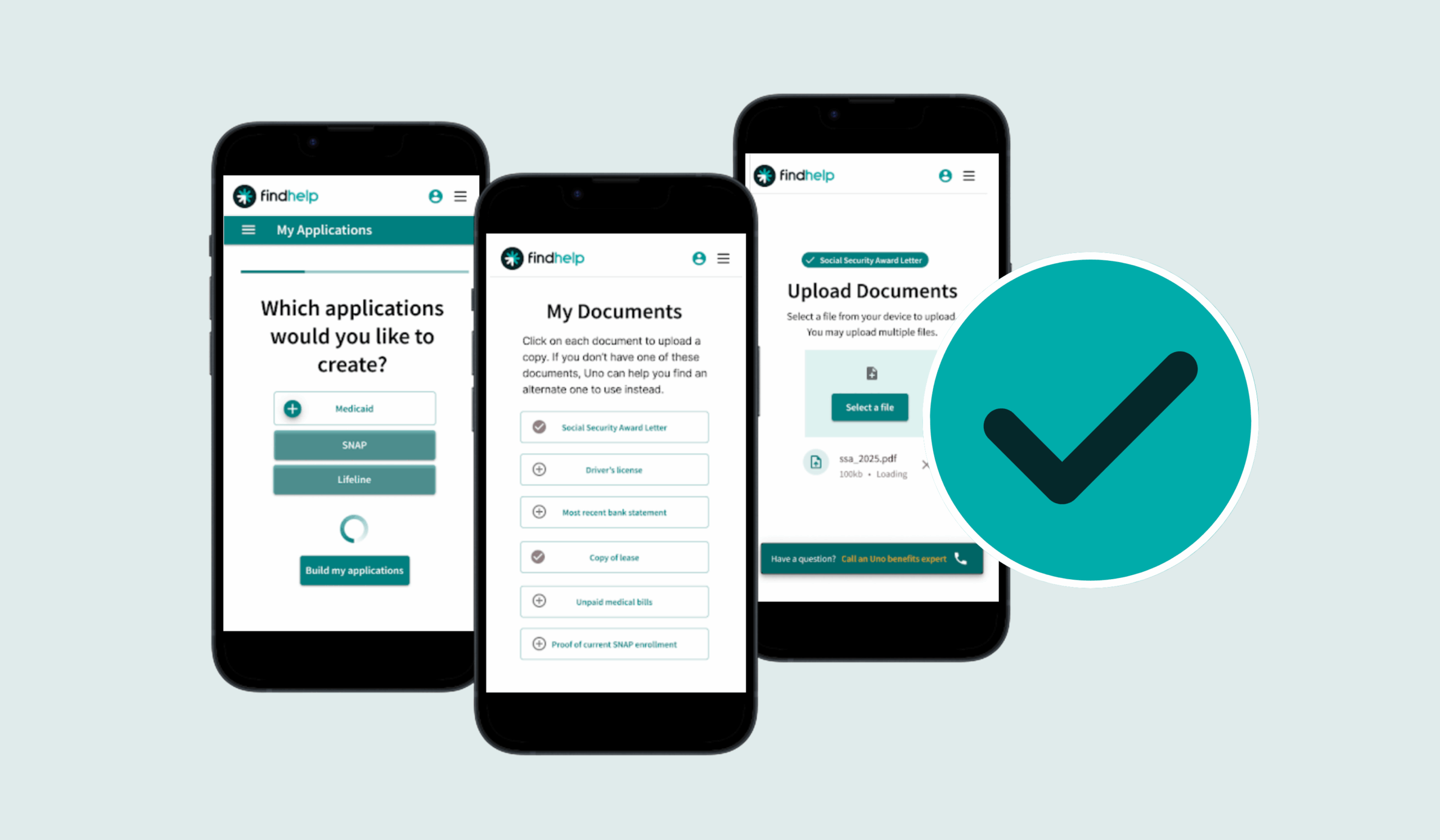Beyond the Obvious: Address Health-Related Social Needs and Boost Your Bottom Line
The well-being of individuals extends far beyond what’s immediately visible. When people in your communities face challenges like housing or food insecurity, the ripple effects are felt everywhere, from productivity and health outcomes to overall engagement. These unmet health-related social needs create significant barriers, preventing individuals from thriving and communities from flourishing.
But what if we could change that? By holistically addressing these social factors, you can not only transform your organization’s strategy but also make a real impact on your bottom line. Discover the vital link between health-related social needs and the success of your community.
In this post, you’ll learn:
The hidden costs of unmet social needs on your organization and community.
Why a holistic approach to well-being is crucial for improving health outcomes.
How addressing health-related social needs can boost economic stability and your bottom line.
Available tools to seamlessly connect people to the resources they need.
What are health-related social needs?
These are the non-medical, social, and economic conditions that affect a person’s ability to be healthy. Think of them as the foundational blocks of well-being. They include challenges like a lack of stable and safe housing, food insecurity (not knowing where your next meal will come from), unreliable transportation to get to appointments or work, and utility shut-off notices—literally struggling to keep the lights on.
When basic health-related social needs aren’t met, it creates significant barriers to achieving and maintaining good health, being a productive and reliable employee, and providing for family members—no matter how good someone’s clinical care is.
The hidden costs of unmet social needs
Individuals struggling with health-related social needs are often caught in a cycle of instability that directly impacts their health and well-being. This can lead to:
- Increased healthcare costs: People without stable housing or access to nutritious food are more likely to experience chronic health conditions and require emergency medical care.
- Reduced productivity: It’s hard to focus on work or school when you’re worried about where your next meal is coming from or if you’ll have a safe place to sleep.
- Lower engagement: Individuals facing social challenges are less likely to be engaged in their communities, workplaces, and their own healthcare.
These factors don’t just affect individuals; they have a tangible impact on families, organizations, and the wider community.
A holistic approach to a healthier community
Addressing health-related social needs requires a shift in perspective. Instead of treating problems in isolation, we need to see the whole person and the interconnectedness of their needs. By taking a holistic approach, we can:
Improve health outcomes
When people have access to stable housing, healthy food, and reliable transportation, they are better able to manage their health and well-being.
Boost economic stability
Addressing social needs can lead to a more stable and productive workforce, benefiting both individuals and employers.
Strengthen community ties
When we work together to support our most vulnerable community members, we create a stronger, more resilient community for everyone.
Customer Spotlight: Trinity Health
Trinity Health integrated Community Health Workers into care teams alongside nurse managers, social workers, and pharmacists, focusing on heart failure management—the leading driver of preventable hospitalizations.
In less than two years, Medicare Shared Savings Program Preventable Hospitalization rates dropped 6%, with a 14% reduction for dually-enrolled patients, narrowing the disparity by 30%.
The solution: A comprehensive social care strategy
At Findhelp, we believe that connecting people to the resources they need should be simple and seamless. Our social care platform makes it easy to:
- Identify individuals with unmet social needs: Our tools help you understand the challenges people in your community are facing.
- Connect people to local resources: With a comprehensive network of social care providers, we make it easy to find and connect people with the help they need.
- Track outcomes and measure impact: Our platform allows you to see the real-world impact of your efforts, so you can continue to refine and improve your strategy.
Ready to make a difference?
By addressing health-related social needs , you can create a healthier, more equitable community and a stronger, more successful organization.
Connect with Findhelp today to learn more about how we can help you tailor a social care network to meet the unique needs of your community.
Let’s work together to build a healthier future for everyone.










